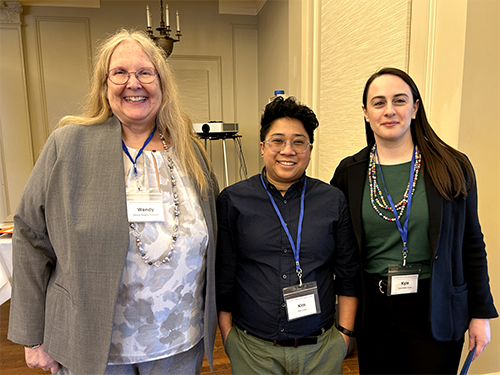 As Massachusetts reels from losing millions of federal research dollars, it’s easy for us as research scientists to lose hope. It’s also easy to believe that with dwindling resources, we live in an even more dog-eat-dog world in which we must fight for the remaining grants and awards. But despite the challenges we are facing, we can choose to see this as a season of possibility—full of potential new ways to carry out our work that involve more collaboration, more partnership, and less competition.
As Massachusetts reels from losing millions of federal research dollars, it’s easy for us as research scientists to lose hope. It’s also easy to believe that with dwindling resources, we live in an even more dog-eat-dog world in which we must fight for the remaining grants and awards. But despite the challenges we are facing, we can choose to see this as a season of possibility—full of potential new ways to carry out our work that involve more collaboration, more partnership, and less competition.When you subscribe to the blog, we will send you an e-mail when there are new updates on the site so you wouldn't miss them.
Comments